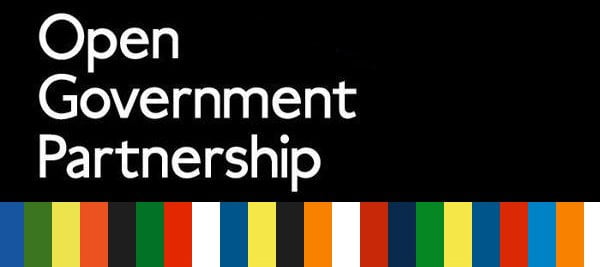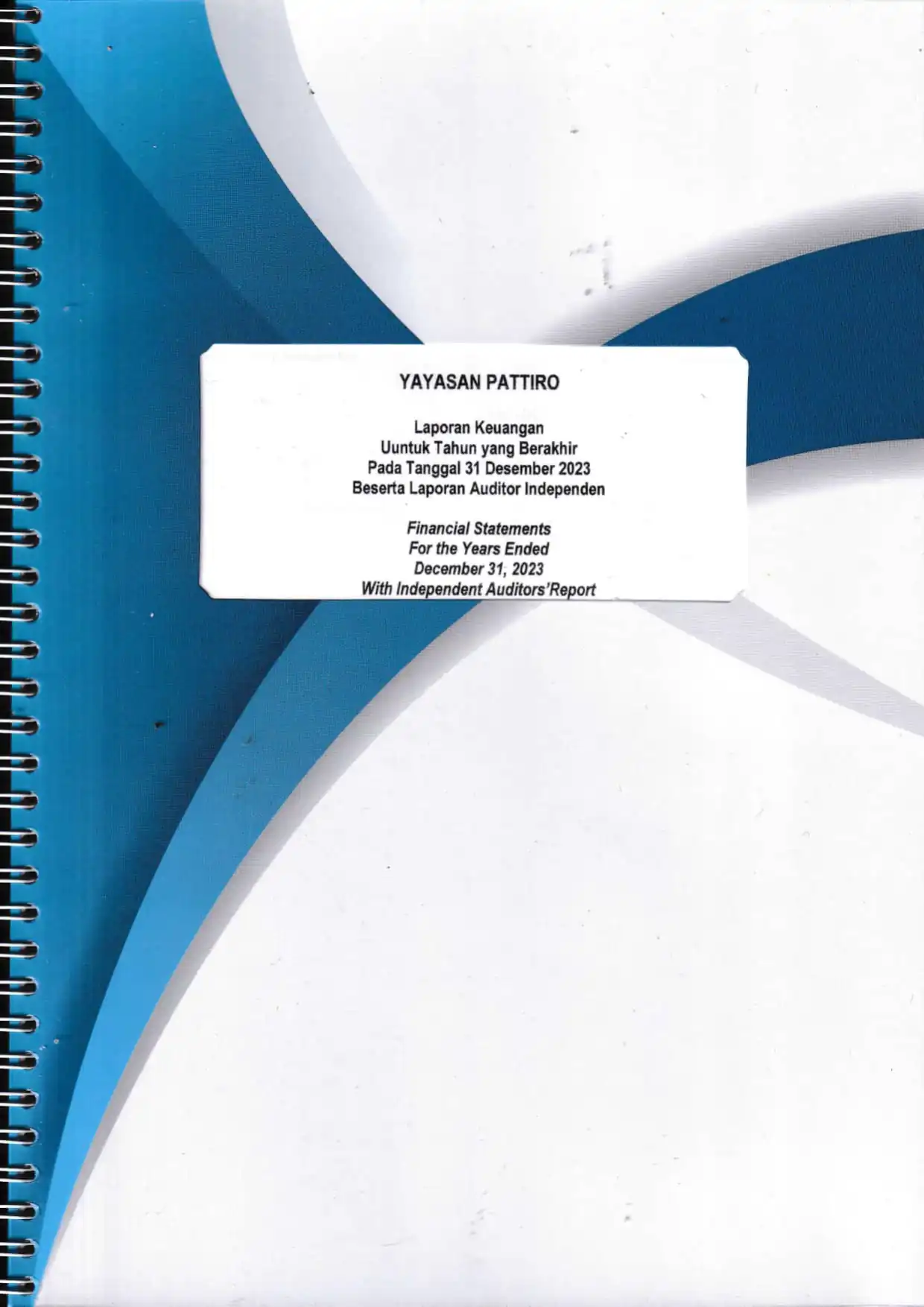In the national conference for Civil Society Organisations (CSOs), 19-20 November 2014 in Jakarta, CSOs and the government representatives discussed the development of OGP implementation in Indonesia. On one hand, as Tara Hidayat the Deputy Management of Strategic Issue and International Relations of UKP4 explained, Indonesian government has done many good things as the manifestation of their commitment in implementing OGP. As an example, in 2012, the government established Open Government Indonesia Secretariat whose purpose is none other than to encourage the realization of transparent government and improve civic participatory. In addition to that, Tara said that Indonesia has already had several websites which contain the information of various state agencies. “We are now have what we called LAPOR (People’s Aspiration and Complaints Online Service) and data portals which can be used and accessed by the public namely SatuPemerintah.id and Indonesia Data Portal” Tara explained. Furthermore, Indonesia has also received several awards relating to OGP. “This is our third year being the OGP member and we have received the Civil Innovations Award in Open Government Partnership from Center for Global Government. We also get the National Democratic and Commitment to Development Award in 2014”, Tara said.
However, the CSOs consider that these positive progresses of OGP implementation are yet reached out the sub-national level. “The development of OGP implementation in Indonesia particularly in the eastern region is yet become the local government major concern and yet reached the subnational level,” said Muhammad Akil representing South Sulawesi Legislative Monitoring Committee (KOPEL). Akil conveyed that though the subnational government has done something to implement the principle of openness, those actions are still far from enough. “Actually, for example in South Sulawesi, the government is already willing to publish their administrative data, but for the data which indicate corruption are kept confidential. In fact, it is their responsible to open those data. We sometimes argue about the Freedom of Information Act, but still they refuse to open it”, told Akil.
This developmental delay of OGP in sub-national level is also caused by other factors. “I think OGP is yet reached the sub-national level not because the social class constraints, but geography and infrastructure”, said INFID Executive Director, Sugeng Bahagijo. The civil society’s lack of knowledge of this global initiative that has been echoed in the national and international level is compounded by the limited internet access in the rural areas. Even though he is sure about these, Sugeng still recommends the CSOs to conduct a research on the causative factors of OGP developmental delays in sub-national level so that the solution of this problem can be immediately identified.
Tara Hidayat who represented the government did not deny these opinions of the CSOs. Nevertheless, she guarantees that the government under the rule of President Jokowi are committed to support the development of OGP in Indonesia, both in the national and subnational level. Tara explained that these supports are stated in Jokowi-JK’s nine priorities agenda, called Nawa Cita. “Jokowi-JK’s pledge regarding OGP is clearly stated in the second point of Nawa Cita that they are committed to create clean, effective, democratic, and reliable government – the People’s Representative Council is also included”, said Tara. The President’s commitment in realizing the clean and corruption-free government is also stated in the Nawa Cita, the fourth point to be precise stating that the government to reject a weak state by reforming the system through corruption-free dignified, and reliable law enforcement. Last is the ninth point of Nawa Cita stating that the government to strengthen diversity and social restoration of Indonesia by highlighting the policy of education for diversity and creating spaces of dialogue among citizen. By creating spaces of dialogue among citizen, Jokowi-JK also creates spaces for them to be actively involved not only in solving their very own problem but also in monitoring the government.
Jokowi’s Working Cabinet also has the same spirit as the President. “In Jokowi’s Working Cabinet, we see that his ministers are working in a slightly different way. They start going ‘blusukan’ (impromptu visit) as it is seen as an effective way to communicate with the public, like Marwan Jafar, the Minister of Village, Disadvantaged Regions and Transmigration, and other ministers”, Tara explained. Furthermore, Jokowi’s ministers are more transparent like Susi Pudjiastuti, the Minister of Maritime Affairs and Fisheries who has opened the access to the fishery data statistics. In addition to that, they also open up more space to the public to participate in the government like Khofifah Indar Parawansa, the Minister of Social Affairs, did by creating www.kawalbansos.com. “These are the proof of government’s commitments”, Tara asserted.
These determinations of the government, Tara opined, should be seen as a golden opportunity for the CSOs to involve deeper in the government. Therefore, Tara suggested if the CSOs plan to institutionalize their involvement, they should start considering their structure of organization, job descriptions, and the indicators of success. If it has been done, Tara as the representative of UKP4 will soon tell this matter to the parties concerned.
Writer: Ega Rosalina
Editor: Nanda Sihombing






